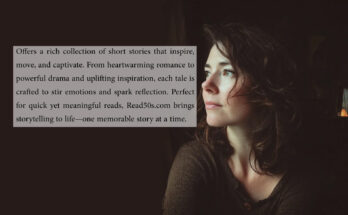Grace, a proud grandmother, watched her grandson embark on his college journey, feeling both excitement and worry. Not long after he started, she received a nervous call from him asking for help with tuition fees. He explained that his father was busy paying off his stepchild’s overdue phone bills, leaving him with little hope of family support. Grace was taken aback—not by his need, but by the way he assumed her retirement savings were available for his rescue.
As she listened, Grace’s mind raced through memories of her hard work and frugality that secured her nest egg. She had spent years saving to ensure she’d never become a burden on anyone. Dipping into those savings now, even for her grandson’s education, would mean shelving the plans she made for her own security and peace. Gently, she explained to her grandson that she couldn’t give up those savings, emphasizing that he was at the point in life where he must chart his own path just as she once had.
Later that day, her son called, angry and disappointed. “You’re being heartless,” he accused, believing that having money was reason enough to help no matter the cost to her future. Grace didn’t back down. She reminded him that she always strived to support her family, but her retirement funds weren’t a bailout for others’ decisions.
Grace wondered if she was being too strict, but knew she wanted her grandson to learn the value of hard work and personal responsibility. She proposed alternative support—helping him with scholarship searches, budgeting advice, and job hunting—ways she could still show love without risking her future. She reflected on the importance of setting boundaries and communicating them openly to prevent misunderstandings and resentment in the family.
Ultimately, Grace stood firm. She hoped her grandson would understand and grow from this experience, realizing that life’s challenges often teach the most important lessons. By protecting her savings, Grace aimed to secure her future while encouraging her grandson toward independence. Her decision was not out of selfishness, but a conviction that true support sometimes means letting loved ones learn to thrive on their own.
